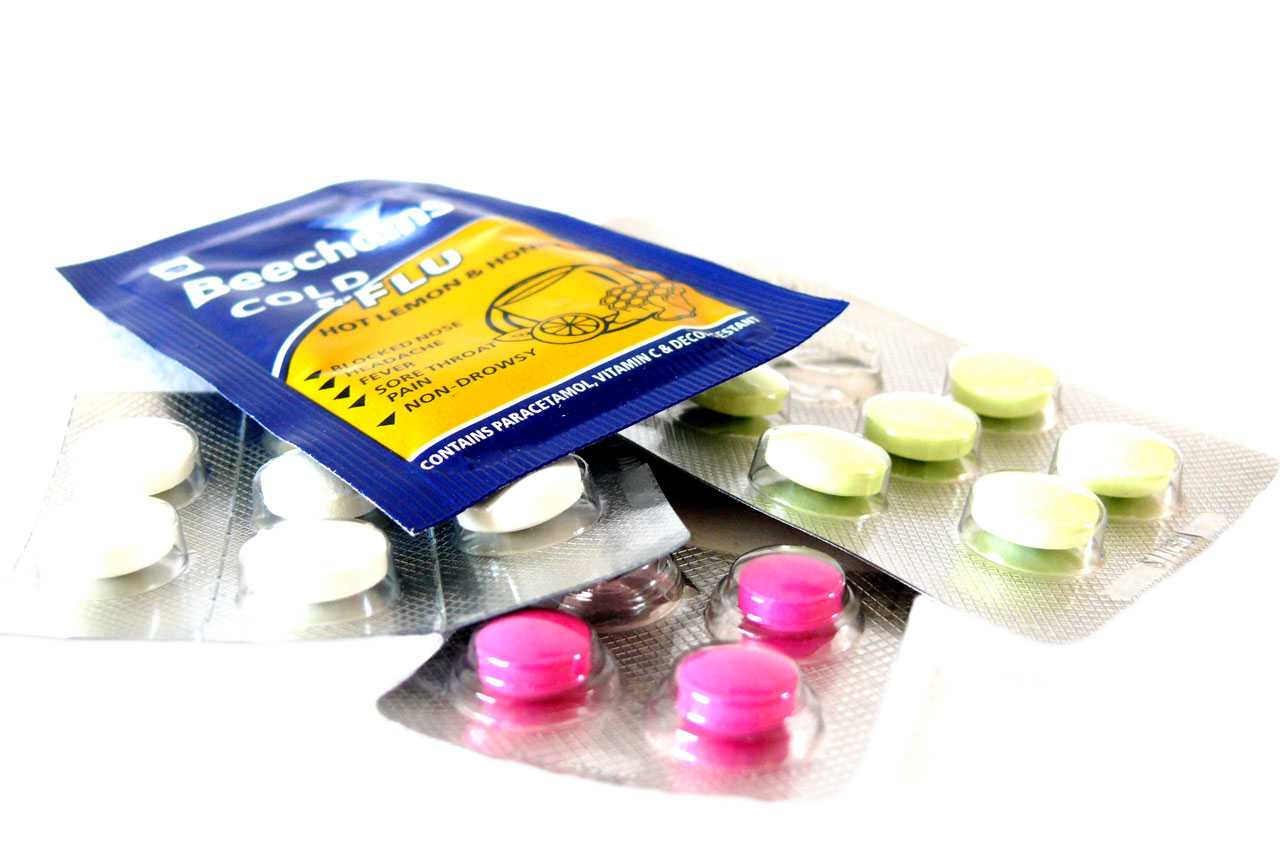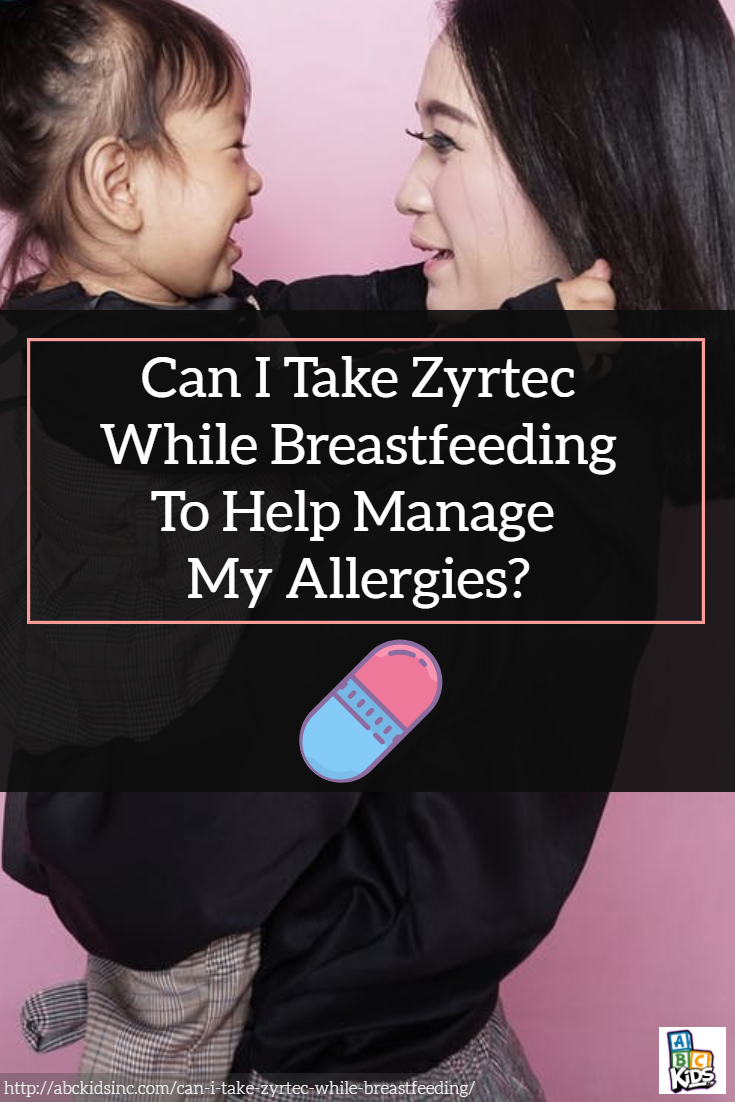Sore Itchy Throat And/or Cough
- Drink strong black tea .
- Drink hot lemonade with honey. Or make a mixture of one part lemon juice and two parts honey. Sip throughout the day.
- Drink fenugreek tea to relieve head and chest congestion and cough.
- Use Zinc gluconate lozenges, but avoid taking large amounts of zinc for more than seven days, because it can interfere with other minerals in the body.
- Salt water gargle:Mix a 1 tablespoon of salt in eight ounces of warm water. Gargle the whole mixture several times a day.
- Apple-cider vinegar and water gargle.Mix 1-6 teaspoons vinegar in a glass of water you can mix it as strong as you can stand it. Gargle one mouthful . Repeat twice. Do this every hour, or as needed.
- Slippery elm bark can help with sore throat and cough. It comes in herbal cough drops and throat lozenges , or you can make a tea. For tea, use 1 to 3 teaspoons of powdered bark per cup, boil and simmer 15 minutes. Up to 3 cups per day.
- Chamomile tea gargle
Medications And Breastfeeding: Whats The Connection
The quantity of medicine that may transfer into your breast milk and the way it may affect your baby depends on various factors including the age of your baby, the type of medicine you are taking, the dose of the medicine and the way you are taking the medicine. Possible adverse effects your baby may have from medication while breastfeeding includes vomiting, diarrhea, unusual sleeping, and irritability. Furthermore, certain medicines may reduce the production of your breast milk, possibly leading to decreased weight gain in your baby.
Exposure to medications while breastfeeding poses the highest risk to newborns, babies who are unstable medically, premature babies or babies whose kidney function is poor. The risk is lowest in healthy babies, who are six months or older as they may move the medicine through their system efficiently. Women who breastfeed their babies for greater than one-year post delivery often make smaller quantities of breast milk. This decreases the amount of medicine that is passed to their breast milk.
Your physician may advise you to pump your breast milk and dump it while you are taking certain medicines as some harmful drugs may pass to the baby through breast milk. Pumping and dumping your breast milk may help you in keeping up your milk supply so that you have enough milk when you begin nursing your baby again.
Do Medicines Pass Into Breast Milk
Most medicines are safe to take while you are breastfeeding because they don’t pass into your breast milk. Even if the medicine does enter your milk, it is usually in such a small amount that it won’t affect your baby.However, some medicines do enter your breast milk. The effect on your baby depends on the age and health of your baby, the type of medicine, how much you take and when you take it.Before your doctor prescribes a medicine for you, make sure they know you are breastfeeding.Breastfeeding mothers rarely have to stop breastfeeding due to taking medicine. However, it is important you get advice from your doctor or pharmacist. They will help you to weigh up the risks and benefits of taking the medicine with any risks for your baby.You should take special care if your baby was premature, is sick or is taking medicine themselves.
Read Also: Zyrtec Treatment
If You Need Relief Try A Non
Here are a few examples:
- Pain: It’s safe to take paracetamol and ibuprofen while breastfeeding, as long as you take the correct dose. But if your pain is not too bad, try using relaxation techniques, massage or warm baths instead.
- Coughs, colds and allergies: Instead of cough, cold and allergy medicines, try avoiding things you know you’re allergic to and using saline nose drops, cool mist or steam. Many cold remedies have ingredients that you should avoid as some of them can reduce your milk supply.
- Tummy problems: Instead of medicines for gastric reflux, try eating small meals, sleeping with your head propped up and avoiding gas-forming foods. Instead of constipation relief medicines, try eating high-fibre cereal or prunes and drinking Kiwi Crush and plenty of water.
How To Take Cold Medicine Safely

Even though many typical cold medications can be taken by breastfeeding women, its still important to be mindful of any possible interactions, contraindications, and side effects of OTC drugs. And really, that goes for everyone!
You should always follow the dosing on the bottle, whether youre pregnant or not, Dr. Mello says. All drugs can cause side effects under the right circumstances. She adds that you should never take more than the recommended amount of a drug within the timeframe given on the packaging.
Even though taking single-symptom medication usually reduces the risk of complications for breastfeeding mothers, you also have to be careful when mixing and matching drugs make sure there are nodrug-to-drug interactions with other medications youre taking, or that you dont take two medications with the same ingredient. If youre unsure, ask your pharmacist about drug interactions for the medications you want to take.
As far as timing of your dosages, you may be able to orient them around your babys feeding schedule to further reduce the amount of medication that ends up in your breast milkthough this may not always be possible or even necessary, depending on the drug. The American Academy of Pediatrics says thatshort-acting medications are always preferable to long-acting ones. It may be helpful to write down names of medications, doses, and times taken.
Recommended Reading: Will Zyrtec Work For An Allergic Reaction
How To Minimise The Risk
- Sometimes it is best to express and discard your milk while you are taking medicine. This will keep up the milk supply.
- Talk to your doctor or pharmacist about switching to a different medicine.
- Take the medicine a different way, for example as a nasal spray.
- Take the lowest possible dose to relieve your symptoms.
- Take the medicine straight after a feed, or before your baby is due to have a long sleep.
Which Medications Are Safe For Breastfeeding
Nobody outside of your doctor can tell you which medications are safe for you to take. With that said, generally, most drugs are considered compatible with breastfeeding, meaning they should pose little to no risk of adverse side effects for lactation or your baby.
Overview of compatibility of allergy medication based ingestion method
-
Pill/capsules: Medication gets released in the stomach and travels through the bloodstream to have a response. Has the most potential for entering breast milk.
-
Nasal sprays: Usually only has local absorption and poses little risk to breastfeeding babies.
-
Inhalers: Rarely cause issues with breastfeeding due to the small amount of medication absorbed into the bloodstream.
-
Eye drops: Absorption of eye drops is minimal, and not enough medication would enter the bloodstream to then transfer into human milk.
In other words, there’s little concern when using nasal sprays, inhalers, or eye drops. Should you have symptom relief through those methods alone, there’s no need to take oral allergy medication. However, I will cover all of these over the counter options if you’d like more information.
Also Check: Cetirizine Allergic Reaction
Cough & Sore Throat Meds
- Sore throat sprays or lozenges are generally considered safe, as are cough drops. Avoid eating excessive amounts of cough drops containing menthol. Large amounts of menthol can reduce milk supply.
- Many forms of Robitussin, Delsym and Benylin are considered compatible with breastfeeding. Always check the active ingredients, as there are many versions.
Most Common Method Of Ingestion
-
Pills/Capsules
-
Inhalers
Most discussions of allergy medication focus on antihistamines and decongestants.
I wanted to include ALL allergy medication types/options because there’s a large population of lactating parents who need more intense allergy medications to get through their seasonal allergies. However, due to time and space, I’ve decided to break this into two parts Part one that focuses on common allergy meds, and Part two, less common medications for allergies.
You May Like: Allergy Induced Sore Throat
Do I Have To Stop Breastfeeding If I Have Allergies
No. It is absolutely fine to breastfeed if you have allergies, even with topical symptoms like a rash or hives.
In some cases, it is confusing to tell if you have an allergy or a cold since the symptoms are often similar.
Even if you are symptomatic from a cold or flu, you can still breastfeed, and you dont need to wean.
Complementary And Herbal Medicines While Breastfeeding
Complementary medicines include vitamins, herbal preparations, aromatherapy and homeopathic products. Like other medicines, complementary medicines can have side effects.
With most herbal and traditional medicines, there is not enough documented information to determine their safety in breastfeeding, so ask your health professional for advice.
Read Also: Pseudoephedrine Antihistamine
Is It Safe To Take Zyrtec While Breastfeeding
While it is safe to take Zyrtec while breastfeeding, it is important to know that some medication may pass through breastmilk. Studies have shown that a small amount may be present in milk, but not enough to harm the baby.In fact, Zyrtec may be preferred over other antihistamines like Claritin or Benadryl. Zyrtec may have less short-term effects, such as drowsiness, on the baby, says Meleen Chuang, MD, OBGYN and medical director of Womens Health at the Family Health Centers at NYU Langone. Be sure to talk to your healthcare provider about specific breastfeeding questions if you or your infant may have underlying health problems.
Gordon explains that all medication has a rating based on a scale created by Dr. Thomas Hale. Medications are rated from L1 to L5 , based on the safeness of the ingredients. Most allergy medications and antihistamines are all within L1 to L3, meaning safest to moderately safe. For example, Allegra is L3 while Claritin is L2 .” Zyrtec is rated L2.
Medications rated L1, L2, and L3 are generally safe and have been tested on nursing parents and their babies. A baby has been monitored throughout that time and there are no notable short-term effects. However, you know your baby best, so if you notice that after taking an antihistamine they look drowsy, consult their pediatrician, Gordon says.
Can Severe Weather Changes Make Allergies Worseyour Browser Indicates If You’ve Visited This Link

Although allergies are normally associated with the spring and fall, it may feel like allergy season never left this winter. From cold fronts to rainy days and back to warmer days, an allergy expert at Baylor College of Medicine explains that it is not uncommon for frequent weather changes to worsen people’s allergy symptoms.
Medical Xpress
You May Like: Acetaminophen And Antihistamine
Alternatives To Taking Benadryl While Breastfeeding
Luckily, for breastfeeding mothers, there are plenty of safe alternatives to taking Benadryl while breastfeeding. The best options are antihistamines that arent sedatives since they are less likely to have a sedative effect on the baby. Claritin is one allergy medicine that has been studied during breastfeeding, and its shown to pass only marginally into breastmilk. Do note, however, that Claritin-D contains pseudoephedrine and can reduce milk supply.
If your doctor does advise you to take Benadryl for some reason, you can take it before bedtime after youve just breastfed your baby, or you might take it while youre breastfeeding so it can start clearing your system before the next feeding. Other medicines you might take can include antihistamine nasal sprays and eyedrops. There are also decongestants that can be used during breastfeeding as well. However, many decongestant allergy medicines do have pseudoephedrine, so be sure to check the labels. Nasal decongestant sprays that can be used while breastfeeding include Afrin and Tyzine. For some women, a doctor may prescribe corticosteroids, which suppress inflammation related to allergies. Allergy immunotherapy is an option during breastfeeding as well. Immunotherapy is a series of shots given several times a week for anywhere from three to six months, which helps train the bodys immune system to stop attacking allergens.
What Medicines Are Dangerous To Take During Breastfeeding
Sometimes mothers are advised to stop breastfeeding while they are taking some medicines in case they harm the baby. Examples of medicines that are not suitable while you are breastfeeding include:
- some chemotherapy drugs for cancer
- some drugs for heart conditions such as an irregular heart rhythm
- lithium for some mental health conditions such as bipolar disorder
- injectable medicines used during MRI scans
- some medicines used to treat skin conditions such as acne or psoriasis
Do not assume that herbal medicines and teas are safe while you are breastfeeding. You should always talk to your doctor or midwife before you take a herbal medicine or tea.
Also Check: Allergy Relief Loratadine
Do I Need To Take Medication
No medication can rid you of allergies, but there are many medication options available to help reduce allergy symptoms.
Many people choose to go the medication route to get relief of symptoms however, it is not necessary. There are homeopathic remedies for allergies, but because of the limited information on homeopathic remedies and breastfeeding AND because homeopathic medicine is so specific to the individual, it’s outside the scope of this blog to discuss.
For Itchy Eyes And Nasal Drainage
Eye irritation and nasal drainage are two of the most common allergy symptoms.
Both conditions result from an allergic reaction, specifically through the release of histamines.
When you experience these symptoms, you should consider taking antihistamines, which are deemed safe for your baby and your breast milk supply.
Zyrtec
The preferred antihistamine to take while breastfeeding is Zyrtec.
Additionally, other second-generation antihistamines are also considered safe, but there is less research supporting their use.
These include Xyzal , Claritin , and Allegra .
Loratadine
The fact that this medication does not cross the blood-brain barrier makes it THE over-the-counter antihistamine of choice, even though it is a long-acting antihistamine.
Based on Hales Medication & Mothers Milk, an infant weighing 8.8 lbs would receive less than 0.46 percent of the maternal dose according to Hales Medication & Mothers Milk.
Fexofenadine
The nonsedating nature of this medication makes it a preferred antihistamine for breastfeeding mothers. Fexofenadine does not appear to have any adverse effects on nursing babies.
Levocabastine oral and Levocabastine eyedrops
Although most commonly prescribed as eye drops, the amount of medication that transfers into human milk is so tiny that its not clinically significant. Plus, there have been no reports of adverse effects in breastfed babies.
However, information regarding Levocabastine oral preparations is not available.
Zatador
Also Check: Allergies Medicine Claritin
Treatment For A Cold Or Sore Throat
Try the following to help the discomfort of a cold or a sore throat when breastfeeding:
Unsafe Allergy Medications While Breastfeeding
Allergy medications that should be avoided while breastfeeding are those that are classified as first-generation antihistamines and medications that include decongestants. These medications include chlorpheniramine, brompheniramine, diphenhydramine, and pseudoephedrine.
The medications included in this category will pass into the breastmilk and have been shown to cause drowsiness, irritability, and colicky symptoms among breastfed babies. A single dose of medication such as pseudoephedrine can influence breast milk production.
The best way to look at these medications is to consider the effect they have when a person takes them. These are the same side effects that a baby could experience if the medicine is passed through the breast milk.
Remember to contact a health care provider or pediatrician for advice before taking any medications while breastfeeding. This will help minimize the risks of complications.
Also Check: Can I Take Antihistamine With Antibiotics
Effects On Lactation And Breastmilk
Antihistamines in relatively high doses given by injection can decrease basal serum prolactin in nonlactating women and in early postpartum women. However, suckling-induced prolactin secretion is not affected by antihistamine pretreatment of postpartum mothers. Whether lower oral doses of antihistamines have the same effect on serum prolactin or whether the effects on prolactin have any consequences on breastfeeding success have not been studied. The prolactin level in a mother with established lactation may not affect her ability to breastfeed.
One mother out of 51 mothers who took loratadine while nursing reported that she had decreased milk production after taking loratadine 10 mg daily for less than one week at 4 months postpartum.
Home Remedies For A Cold

If youre still concerned about taking any medications while breastfeedingor you want to supplement OTC drugs with natural remediesthere are also non-pharmaceutical ways to ease your symptoms. Some of these cold remedies are safe to use while breastfeeding, and some may or may not be if you have concerns, check with your provider or lactation consultant.
Also Check: Mayo Allergy
Watch Out For These Ingredients
The following are not recommended for nursing parents. Always check with a healthcare provider before taking any new medications, because some medications can reduce your breast milk supply or affect your baby’s sleep.
Ingredients to avoid while breastfeeding include:
- Alcohol: Some remedies have alcohol to help you sleep, so skip those.
- DayQuil: DayQuil contains dextromethorphan, a cough suppressant, and phenylephrine, a decongestant, which can reduce your milk supply.
- NyQuil: NyQuil contains dextromethorphan, but instead of phenylephrine, it contains doxylamine, an antihistamine and sleep aid, which can reduce breast milk supply.
- Diphenhydramine : This drug may cause sleepiness, and prolonged use may decrease your milk supply. Breastfeeding babies can also become drowsy or irritable.
- Pseudoephedrine : Decongestants that contain phenylephrine or pseudoephedrine can dry up milk supply.

